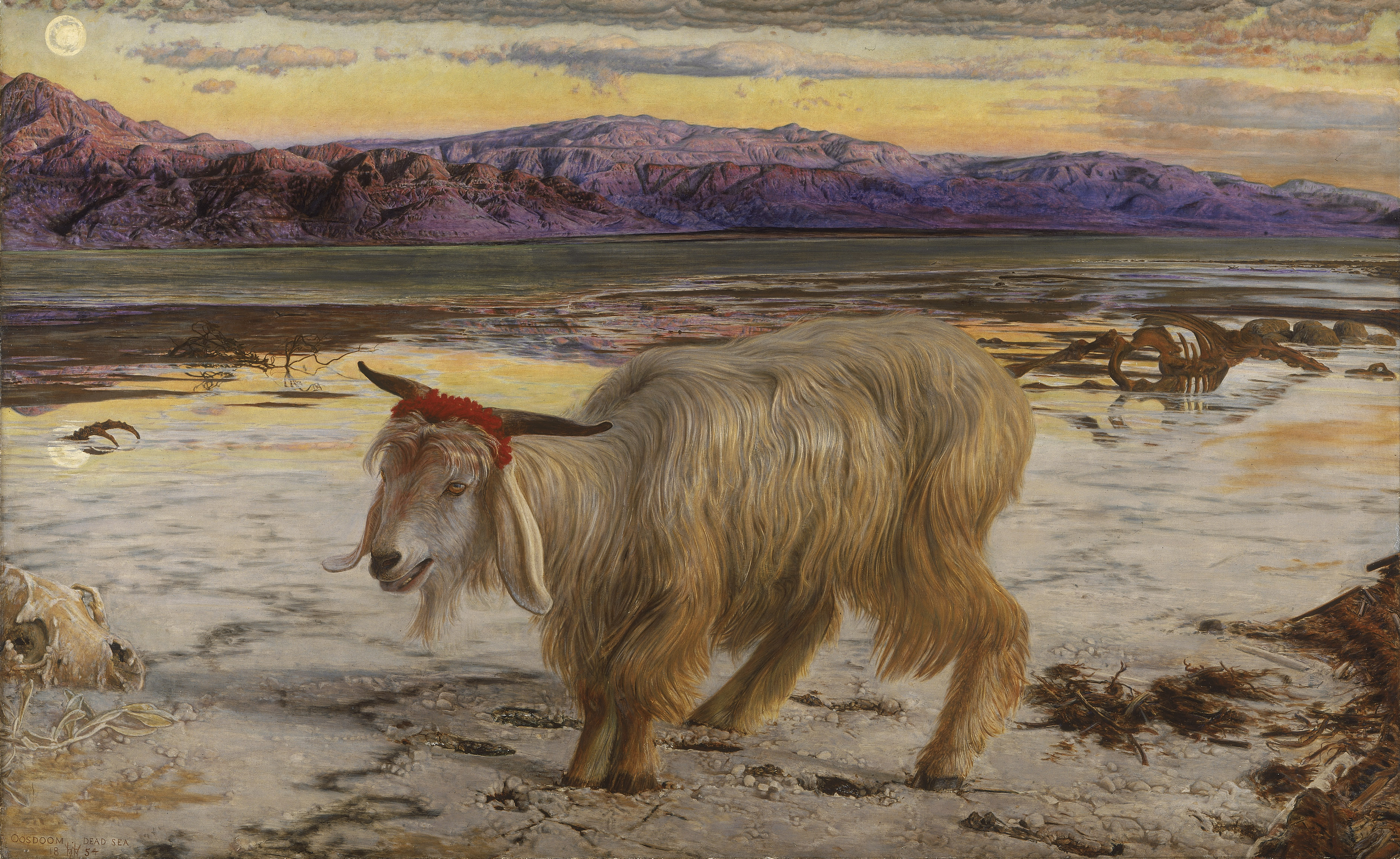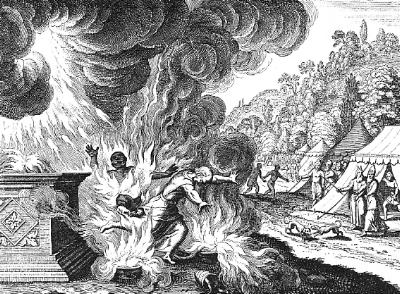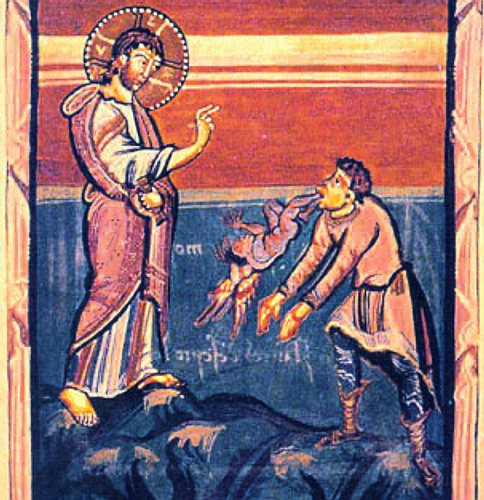Reference links:
Old Testament
Leviticus repeats itself, again. The Israelites must distinguish between clean and unclean animals and they must put men and women who act as mediums to death. I think this is the third time the author of Leviticus has mentioned those things.
The next injunction does a much better job of showing how repetition can work well. Earlier, in Leviticus 10:6, Moses had instructed Aaron and his sons not to mourn as was traditional after God murdered Nadab and Abihu. Today’s reading repeats those prohibitions, but expands them into general priestly mourning practices. This use of repetition is much more interesting than other, more boring uses. The first repetition contains less detail than the later repetition. Because of this, the second repetition reinforces the teachings of the first repetition while still keeping it interesting with the introduction of new material. As for what the teachings are:
A priest must not make himself ceremonially unclean by touching the dead
boybody [oops] of a relative. The only exceptions are his closest relatives … The priests must not shave their heads or trim their beards or cut their bodies. They must be set apart as holy to their God and must never bring shame on the name of God.
A priest can only marry a virgin. Prostitutes, widows, and divorced women may dishonor the descendants of the priest.
God hates imperfections.
No one who has a defect qualifies [to be a priest], whether he is blind, lame, disfigured, deformed, or has a broken foot or arm, or is hunchbacked or dwarfed, or has a defective eye, or skin sores or scabs, or damaged testicles. No descendant of Aaron who has a defect may approach the altar to present special gifts to the Lord.
Clearly, this God of Leviticus is not the same God who cares more for what is in your heart than for outward appearances.
New Testament
Jesus, Moses, and Elijah meet at the top of a hill. Nope, it’s not the start of the bad joke. In today’s reading, Jesus levels up to shiny Jesus and chats with Moses and Elijah. Peter claims he wants to build shelters for them, but supposedly that is just because he had nothing better to say. Before anyone could act on that, God spoke from the clouds calling Jesus his son, and Elijah and Moses disappeared.
reading, Jesus levels up to shiny Jesus and chats with Moses and Elijah. Peter claims he wants to build shelters for them, but supposedly that is just because he had nothing better to say. Before anyone could act on that, God spoke from the clouds calling Jesus his son, and Elijah and Moses disappeared.
While Jesus was talking to dead people, the rest of the disciples were failing to heal a boy possessed by demons. Jesus gets annoyed at… someone. The text makes it unclear whether his annoyance targets the religious teachers, the disciples, or the crowd generally. In any case, he exclaims,
You faithless people! How long must I be with you? How long must I put up with you?
I know I quoted this the last time we read this story, but it just does such a good job of summing up a common attitude Jesus seems to take toward those around him.
Jesus heals the boy, but only after the chastising the father for expressing some doubt. You have to feel sorry for the father. Demons possess his son. He has brought his son to a man with a reputation for driving out demons. His disciples, who also have been given the power to drive out demons, fail to drive out this one. Then Jesus questions the man’s ever so slight doubt as to whether or not Jesus can drive out the demon. At least his son was healed at the end of it all.
Psalms and Proverbs
Today’s psalm: God, you’re so great! So why do you neglect me?
I kind of like today’s proverb, since it implies that you should not hide you feelings, even if they are negative, while also cautioning against letting that negativity lead to false claims:
Hiding hatred makes you a liar;
slandering others makes you a fool.




.jpg)


